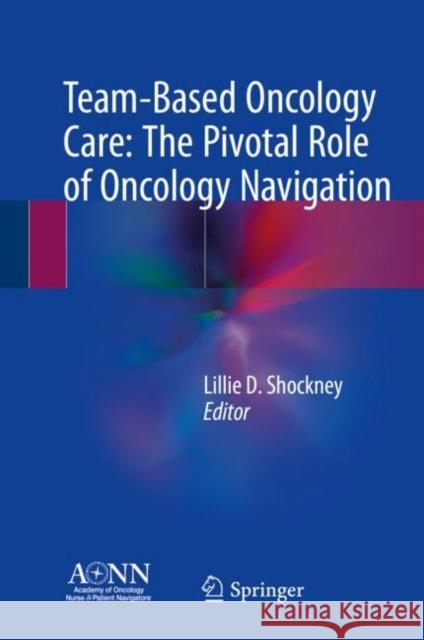


ISBN-13: 9783319690377 / Angielski / Twarda / 2018 / 368 str.
ISBN-13: 9783319690377 / Angielski / Twarda / 2018 / 368 str.
Under the auspices of the Leadership Council of the Academy of Oncology Nurse & Patient Navigators
Lillie D. Shockney is a professor of surgery and oncology as well as having been appointed by the Dean of the School of Medicine and the President of the University to a faculty chair (University Distinguished Service Professor of Breast Cancer at Johns Hopkins). She is a registered nurse with a BS in healthcare administration and a master’s degree in administrative science from Johns Hopkins University, and her employment began at Hopkins in 1983. She serves as the director of the breast center and the director of cancer survivorship programs for the cancer center. Professor Shockney is the founder and program director of the Academy of Oncology Nurse & Patient Navigators (AONN+). She has received 52 awards—46 national and 6 state awards, including being inducted into the Maryland Women Hall of Fame and recipient of the Johnson & Johnson Most Amazing Nurse in America. Well known for her public speaking and literary work, she has published 14 prior books and more than 275 articles on breast cancer, cancer navigation, survivorship care, metastatic breast cancer, and patient advocacy.
This book discusses how effective navigation requires a team approach to oncology care and should never be considered an “add-on” resource or service. The Academy of Oncology Nurse & Patient Navigators (AONN) is the only national professional organization for navigation professionals, and has more than 6,000 members, 90% of which are oncology nurse navigators. They are the experts on creating team-based programs, which remove the risk of others trying to reinvent the wheel by designing a navigation program from scratch. They also understand the role of effective navigation across the entire continuum of care, and understand and are able to apply other key aspects of navigation, including clinical trial screenings and tumor board coordination and monitoring, as well as measurement using evidence-based navigation metrics, to name but a few.
1997-2026 DolnySlask.com Agencja Internetowa







